Electric Vehicle
Government evaluates proposal by Tesla: NITI Aayog CEO
The government is going through a proposal by Tesla, US electric carmaker, seeking a reduction in import duties, says NITI Aayog CEO Amitabh Kant. India currently imposes 100% import duty on cars with cost, insurance, freight (CIF) value of over $40,000 and 60% on cheaper vehicles.
Kant told ET that Tesla’s request for a reduction in import duties is being studied by the government. “All concerned ministries are examining the proposal. The final decision will be taken by the finance ministry’s revenue department.”
A source said the government is open to discussing a temporary reduction in import duties for a period of three years. “But for that, they have to submit firm business plans. Concessional duties cannot be extended merely on the basis of intent to invest. India is a mature market, a very large market,” the person explained. “The thinking is they cannot ask for concessions for testing the market. Tesla already sources components. Then why can they not manufacture vehicles here? They have to make some commitment.”
Tesla reiterates that levies imposed by India are the highest among large countries and that it can only consider setting up a factory locally if it succeeds with imported models. Elon Musk, Tesla CEO, has said the duty structure for cars running on electric powertrain should not be a kilter with India’s climate change objectives.
Also Read: Weakening iPhone demand, Apple shares down 3 per cent in premarket trading
The Ministry of Heavy Industries believes Tesla should consider setting up local assembly plants of semi-knocked down units to avail of reduced duties on kits and later scale up to complete manufacturing, instead of seeking complete duty waivers. However, the America carmaker says its cars cannot be assembled from kits.
The Indian government is looking for commitment from Tesla, in respect to, its manufacturing plans and as such is not willing to give concessional duties merely on intent to invest.


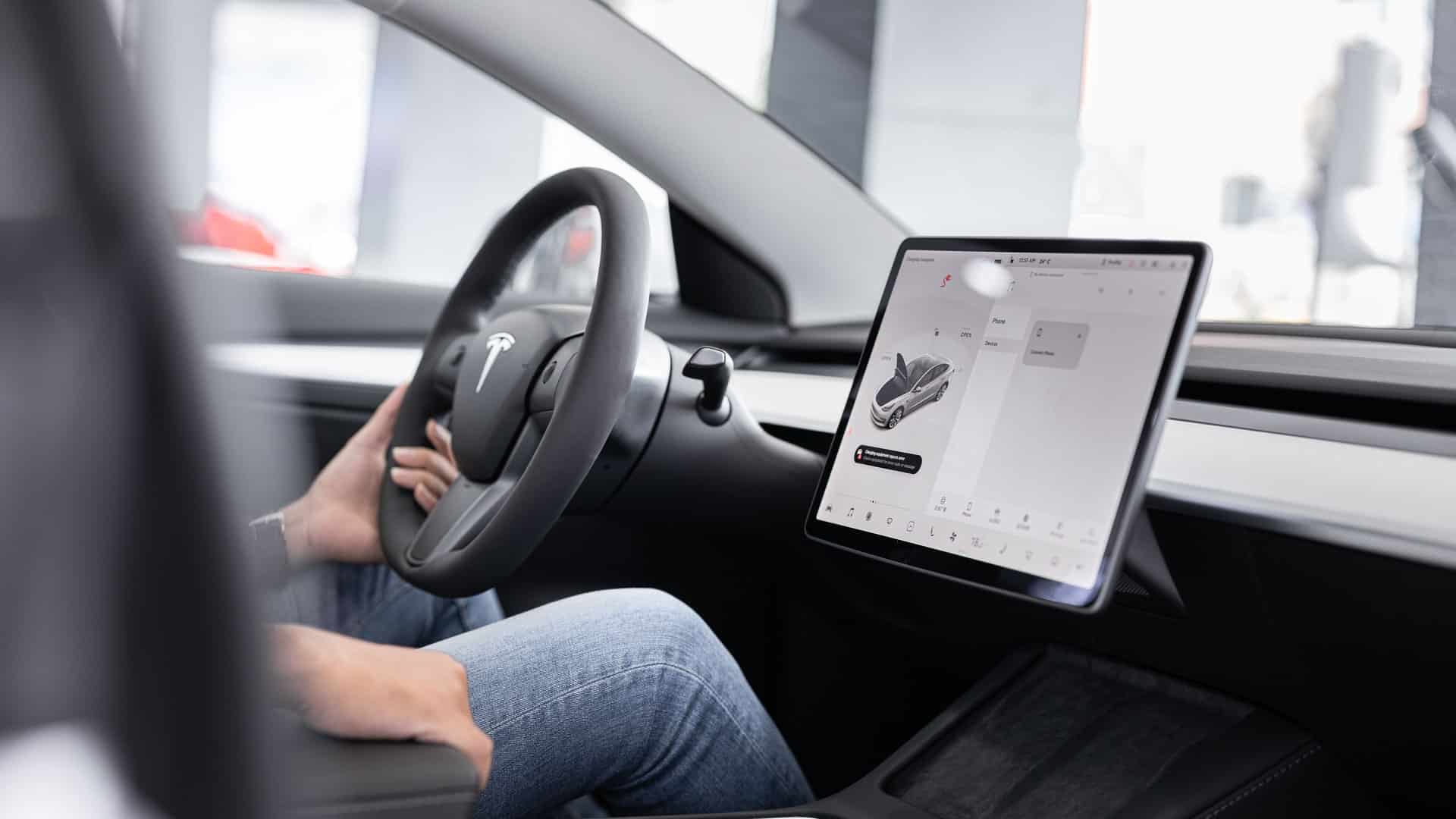
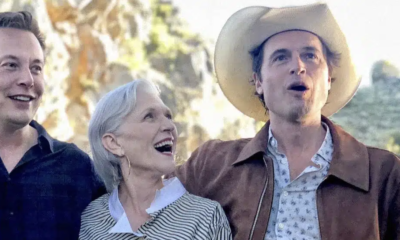

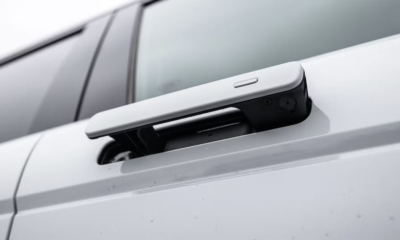

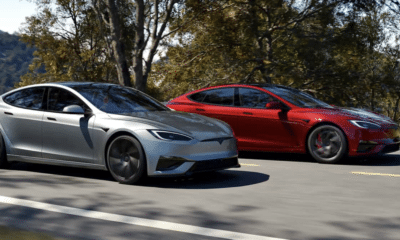

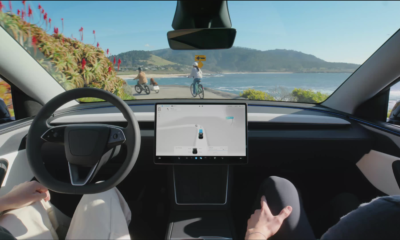


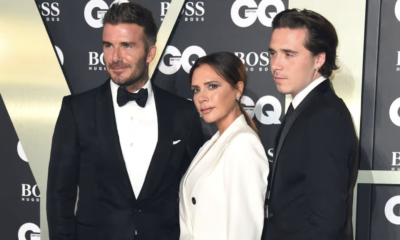
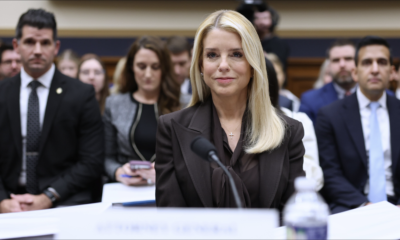
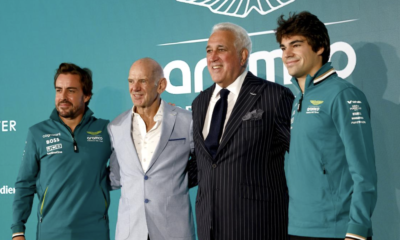





























Pingback: Kotak believes bankers were shortsighted in the last two years.